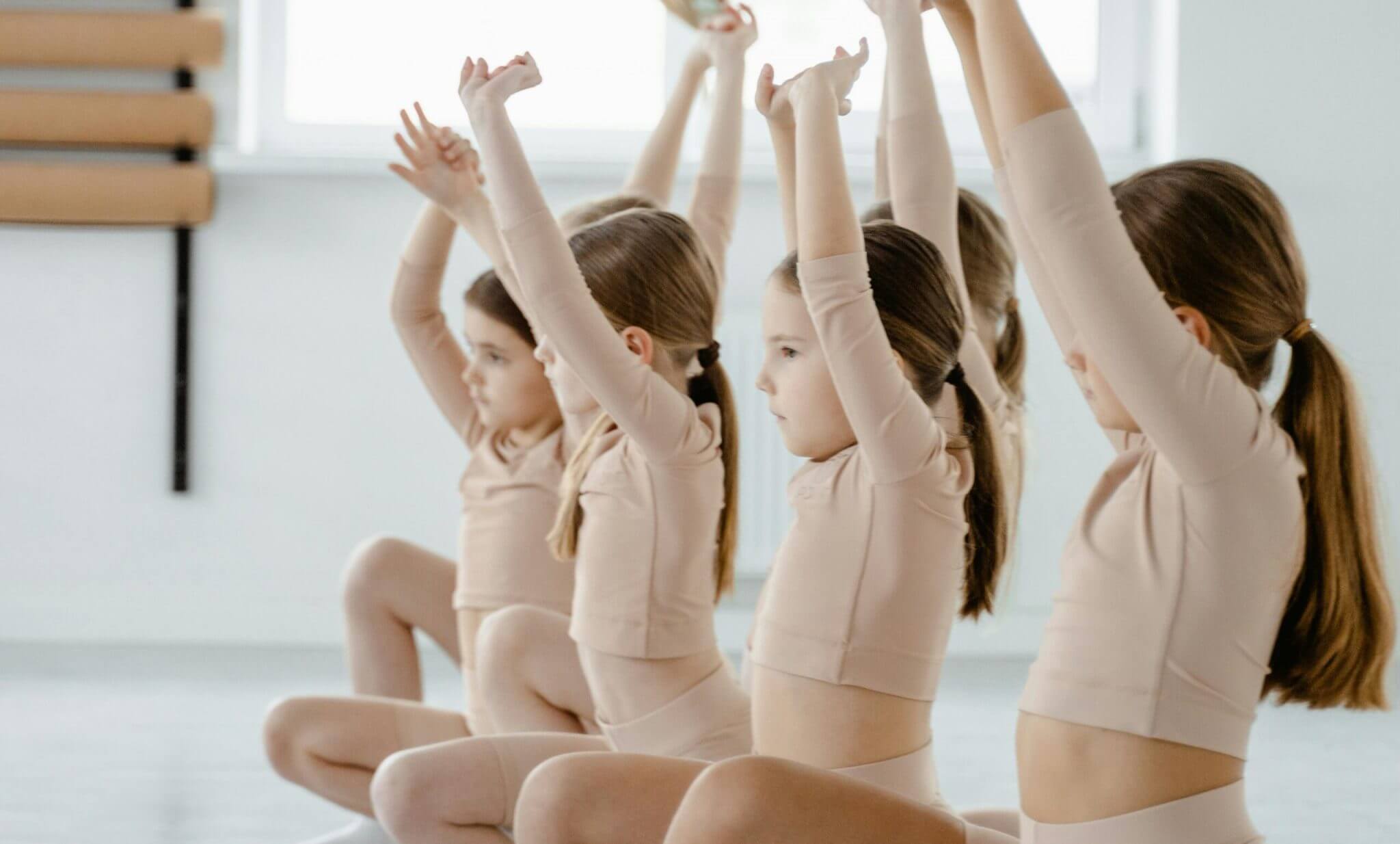It’s that time of year when many parents begin thinking about the summer and how to plan out extracurricular activities. Plus, being that March is Developmental Disabilities Month and April is Autism Awareness Month, you’re sure to see a lot more activities going on than you would normally. This can make it tough to decide which ones are in your child’s best interests.
There’s a ton of research that tells us that extracurricular activities can help kids thrive, pursue their interests, and develop their skills while having fun. One of the biggest things that these activities tend to do is help kids develop their personality. Far too often, kids and adults with disabilities are unaware of what they actually enjoy in life, and a big reason for that is because they haven’t had the experiences to help them determine what they like and what they don’t. These activities may include swimming lessons, ballet classes, and sports training, among others. Oftentimes, sadly, parents of kids with disabilities are fearful to take the plunge into something new, but the potential benefit is FAR greater than any challenge that may arise.
Widening the Social Circle
Many people with disabilities are considered to be introverts, but that’s not necessarily true. If the person didn’t really have opportunities to expand their horizon by participating in different events, then yes, the child could end up being someone who just wants to be at home on the iPad or computer. Too much time online (and alone) could lead to isolation and loneliness. In fact, a study has shown that neurodivergent people are four times more likely to feel lonely than neurotypical individuals, and 79% of autistic people report that they feel socially isolated. While kids are kids is the perfect time to include them in a path of self-discovery.
Participating in an extracurricular activity is a fabulous way to have regular human interactions, as it allows kids to mingle with others who like the same stuff that they do. This enables them to expand their social circle, which can lead to an incredible level of growth, and set them up for a more promising future.
Self-Confidence Boosters
Kids with disabilities are constantly reminded of what they cannot do. In fact, we spend hours at IEP meetings talking about those challenges and quite often give very little, and sometimes none, attention to what the child actually enjoys and is skilled at doing. Imagine being someone who’s constantly told what you cannot do. This is one of the reasons why so many people with disabilities have low self-esteem and lack self-confidence. It’s very hard to think highly of yourself when everything feels hard. The beauty in extracurricular activities is that they allow a student to focus on their strengths and skills, and as they improve, this can increase self-esteem and a sense of accomplishment.
Theater or drama, sports, dance, and visual art are fabulous activities that build on a person’s self-confidence. Other activities to consider for your child are Scouting, hiking, cycling, swimming, track and field, and gymnastics. Not only can these help to boost self-esteem, but they can also be done alone or in a group.
Finding the Right Activity for Your Child
It’s sometimes hard to choose the “right” extracurricular activity for your child. The beauty is that if your child doesn’t like the first one, you can try another. To simplify the process, observe your child and see what they tend to gravitate toward. For instance, if they like music, they may want to learn how to play a musical instrument, or learn how to dance. TONS of kids with disabilities are incredible artists, and some are adults before they even discover this gift because their childhood was so focused on standardized testing that there just wasn’t time allotted for the arts.
Extracurricular activities can lead to a lifetime hobby, passion or even career. As important as academics are, having a well-rounded life of experiences can enhance communication skills, friendships and happiness.

